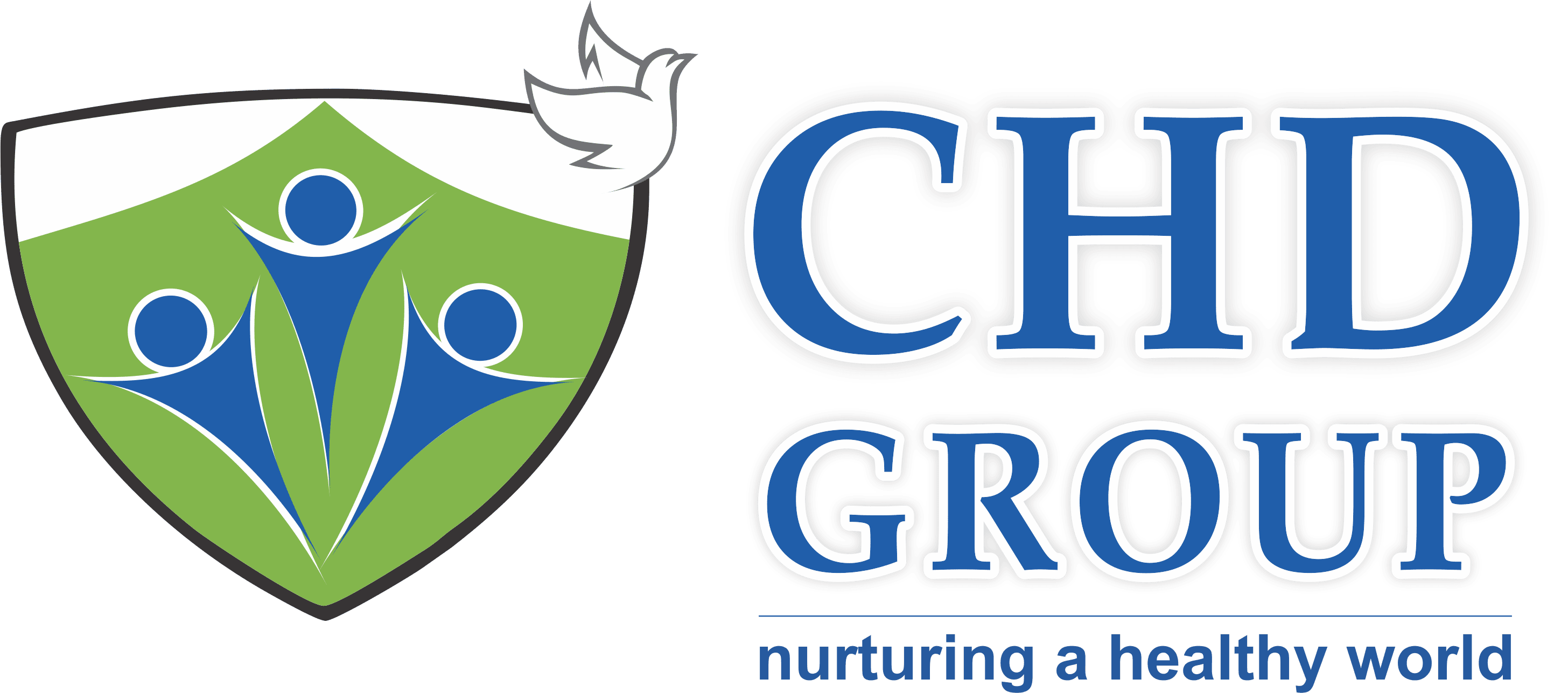CHD Group speaks to Dr.Tanushree Mondal, Assistant Director of Medical Education, Government of West Bengal on how medical education needs to be re-imagined in a post COVID-19 world
Q1) COVID-19 pandemic has terrified the medical profession like never before in history. What changes from here?
Well, the pandemic has made us learn to be more resilient, and be prepared for all types of Disasters. The Medical profession had a fair chance to explore the new online Medical Teaching and assessment technologies that they would not have otherwise explored. There was an unspoken fear or resistance regarding the above mentioned for centuries and the current pandemic helped in shedding this fear.
Q2) How must we orient medical students to discover a new post COVID-19 world and be prepared for future pandemics?
Our Medical curriculum never had the orientation of the students to Pandemics. However, this urgency brought this felt need and thus the Ministry of Health & Family Welfare with the collaboration of the Board of Governors in supersession of the Medical Council of India (MCI) came up with the module on Pandemic Management Module 7 for the Undergraduate students. Moreover, the new curriculum just was introduced last year with the Foundation Course, the Early Clinical Exposure (ECE), the Electives, and the Summative assessment giving way to more of Formative Assessments and all these truly had a big impact on both the faculties as well as the students, thereby benefitting the Medical fraternity.
Q3) With rapidly changing technology and medical practice, bedside diagnosis is slowly dying. Your take?
I would like to disagree to this statement as bedside clinics can never be replaced by any other thing, how so ever new gadgets have come in. It is still the most important and crucial aspect in a medical students career, and that’s why we are emphasizing more on Early Clinical Exposure (ECE) i.e. exposing the Undergraduate Medical students to the real life experiences with a patient from the very first year of his/her medical years. This exposure may be in the form of a real patient in the wards, the Outpatient Department (OPD) or in the IPD. It can also be in the form of a simulated patient or a paper case, a laboratory report of a patient, an ECG tracing and so on.
It melts down to the clinical acumen of a Doctor rather than his/ her overindulgence on Medical Technology.
Q4) Will Artificial Intelligence replace hospitals and clinics and humans in the foreseeable future?
Well we have got something called the Simulation Based Teaching (SBT). It takes the help of Artificial Intelligence, and other improved technology. It is done with the intent of making the students practice a skill repeatedly without harming the life of a patient. So it may be on Mannequins, task-trainers, or any other low cost effective materials. This is done in order to achieve these Psycho- motor competencies amongst the students.
On the other hand, Artificial Intelligence have improved on the GIS (Geographic Information System) tracking which helps in public health programs like tracking of immunization, surveillance and so on. So Artificial Intelligence has its own share in the medical field but it definitely can’t replace the clinics and the humans in the coming future , as Medical Profession is science that not only deals with cognitive and psychomotor skills, but it has more to do with communication and affective skills. That’s why in the recent times, many unforeseen events of intolerance of patients and their families towards the Medical fraternity has been evidenced and in order to mitigate that we have introduced the AETCOM skills (the Attitude Ethics Communication) skills.
Q5) What would the doctors of the future be like?
The doctors of the future will be a proud Indian Medical Graduate with all the competencies of a Leader, a Communicator, a Professional, a Clinician as well as a Life-Long Learner at the same go. This is what we all are seeking to achieve with the introduction of the amended Graduate Medical Education Regulations (GMER).
Q6) What message would you like to give medical students today?
The one and only Message that I would like to put across all the Medical Students is that Medical profession is one of the toughest profession amongst all, and it takes a lot of patience and perseverance to reach to that goal. When we take the Hippocrates Oath, we are bound to serve the community and also to be a life-long learner throughout life. As a responsible Medical Professional, we must stick to Ethics, remain grounded, be more compassionate to the common mass, and try to contribute to the society at large through our teaching, learning and research activities so that when we are gone from this world, we will remain in the hearts of the common people forever as still we are considered next to God, the Healer community and belong to the creamiest layer of the society. We must not let the faith of the common people to falter and create more capable Medical Professionals on its way…The journey to this arena is long stretched and hard…yet it bears the fruit of labour in healing the sufferings of human mankind.
